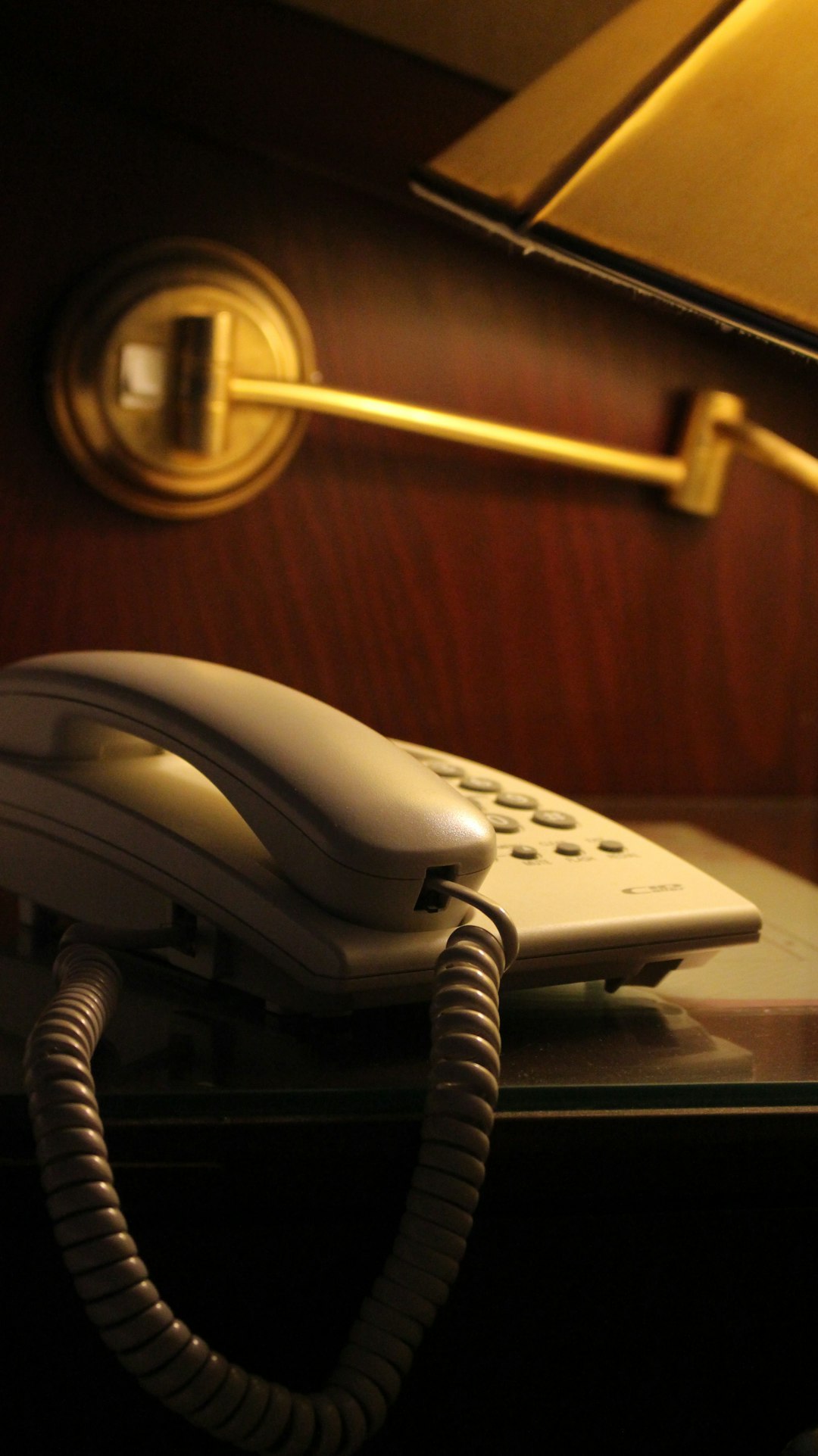In Wisconsin, including Kenosha, Caller ID serves as a vital shield against unwanted calls like spam and robocalls, but its effectiveness is varied. Legitimate businesses respect opt-out requests, while sophisticated spammers can bypass the feature through number masking or spoofing. Residents enjoy legal protections under the Telephone Consumer Protection Act (TCPA) and can consult a lawyer for Unwanted call Wisconsin to block calls, file complaints, and protect their privacy. Advanced machine learning algorithms, stricter regulations, and consumer reporting are also essential in combating spam calls, fostering a safer communication environment.
In the digital age, unwanted phone calls have evolved into a persistent nuisance, with spam calls rising across Kenosha. This article delves into the effectiveness of Caller ID as a defense mechanism against these intrusive messages, exploring its capabilities and limitations. We examine the surge in spam calls targeting Kenosha residents, offering insights into their impact and potential solutions. From legal perspectives, we guide Wisconsin residents on their rights, highlighting resources for combating unwanted calls. Additionally, alternative strategies are proposed to future-proof against this growing problem, including the role of technology advancements and legal interventions, emphasizing the need for a comprehensive approach involving a lawyer for unwanted call Wisconsin.
Understanding Caller ID: A Basic Overview

Caller ID, a seemingly simple feature on our phones, plays a vital role in identifying and preventing unwanted calls, especially spam or robocalls. This technology displays the phone number of the incoming caller, allowing recipients to make an informed decision about whether to answer or not. It’s a basic yet powerful tool that has significantly enhanced communication by giving users control over their interactions with unknown callers.
In the context of Wisconsin, where a lawyer for unwanted calls might be sought after, Caller ID serves as a first line of defense against intrusive and fraudulent activities. Many residents in Kenosha and across the state have witnessed an increase in spam calls, prompting them to rely on this feature to screen potential intruders. By providing real-time number identification, it empowers individuals to take proactive measures against unwanted communication, ensuring their privacy and peace of mind.
The Rise of Spam Calls and Their Impact on Kenosha Residents

In recent years, the influx of spam calls has significantly escalated, becoming a pervasive issue for residents in Kenosha, Wisconsin. With advancements in technology, telemarketers and scammers now have access to sophisticated tools that allow them to make bulk calls, targeting countless individuals at once. These unwanted phone calls, often disguised as legitimate business offers or emergency notifications, have become a nuisance and a source of concern for many Kenosha citizens. Many residents report receiving multiple spam calls daily, leading to frustration and disruption in their daily lives.
The impact of these spam calls is profound. Kenosha residents often find themselves falling victim to deceptive practices, such as phishing attempts, fraudulent promotions, or even threats. Scammers use various tactics to manipulate individuals into providing sensitive personal information or making impulsive decisions. A lawyer for unwanted call Wisconsin can help residents understand their rights and take legal action against these persistent and malicious phone calls.
How Effective Is Caller ID in Blocking Unwanted Calls?

Caller ID, a feature that displays the caller’s phone number on a recipient’s screen, has been a standard tool in combating unwanted calls. While it seems like a straightforward solution, its effectiveness against spam calls is varied. Many legitimate businesses and organizations respect consumer privacy and opt-out requests, ensuring their numbers aren’t listed as spammers. This means that while Caller ID can block some spam calls, it’s not foolproof.
For instance, despite the best efforts of individuals and companies to avoid listing their numbers, sophisticated spam operations employ techniques to bypass Caller ID. These include masking or spoofing phone numbers, making it impossible for recipients to identify or block these calls accurately. As such, while Caller ID offers some level of protection against unwanted calls, particularly from known contacts, it’s not the ultimate solution, and Wisconsin residents facing persistent spam calls may consider consulting a lawyer specializing in this area for further assistance.
Legal Perspective: Rights and Resources for Wisconsin Residents

In Wisconsin, including Kenosha, callers have legal protections against unwanted calls, often referred to as spam calls. The Telephone Consumer Protection Act (TCPA) is a federal law that provides guidelines and restrictions on telemarketing practices. It grants consumers the right to block certain types of calls, including those made using automated dialing systems. Under this legislation, individuals who receive excessive or unsolicited phone marketing calls can take legal action against the culprits.
If you’re a Wisconsin resident facing persistent spam calls, consulting a lawyer specializing in unwanted call cases can be beneficial. Legal experts in this field can guide residents through their rights and available resources. They can assist in understanding the TCPA’s provisions and help file complaints against violators. A lawyer for unwanted calls in Wisconsin can play a crucial role in ensuring your privacy and protecting you from intrusive phone marketing activities.
Alternative Solutions and Future Proofing Against Spam Calls

In addition to Caller ID, several alternative solutions are emerging to combat spam calls effectively. One promising approach involves advanced machine learning algorithms that can analyze call patterns and content to identify and block unwanted calls more accurately. These systems learn from vast datasets and adapt over time, ensuring they stay ahead of evolving spamming tactics.
Looking towards the future, regulatory measures play a crucial role in staying ahead of spam calls. Enhancing existing laws and implementing stricter penalties for spammers can deter malicious activities. Furthermore, consumers can empower themselves by reporting spam calls to relevant authorities or seeking assistance from a lawyer for unwanted calls in Wisconsin. By combining technological advancements, stringent regulations, and proactive consumer action, it’s possible to create a robust defense against spam calls, ensuring a safer and less disruptive communication environment.






